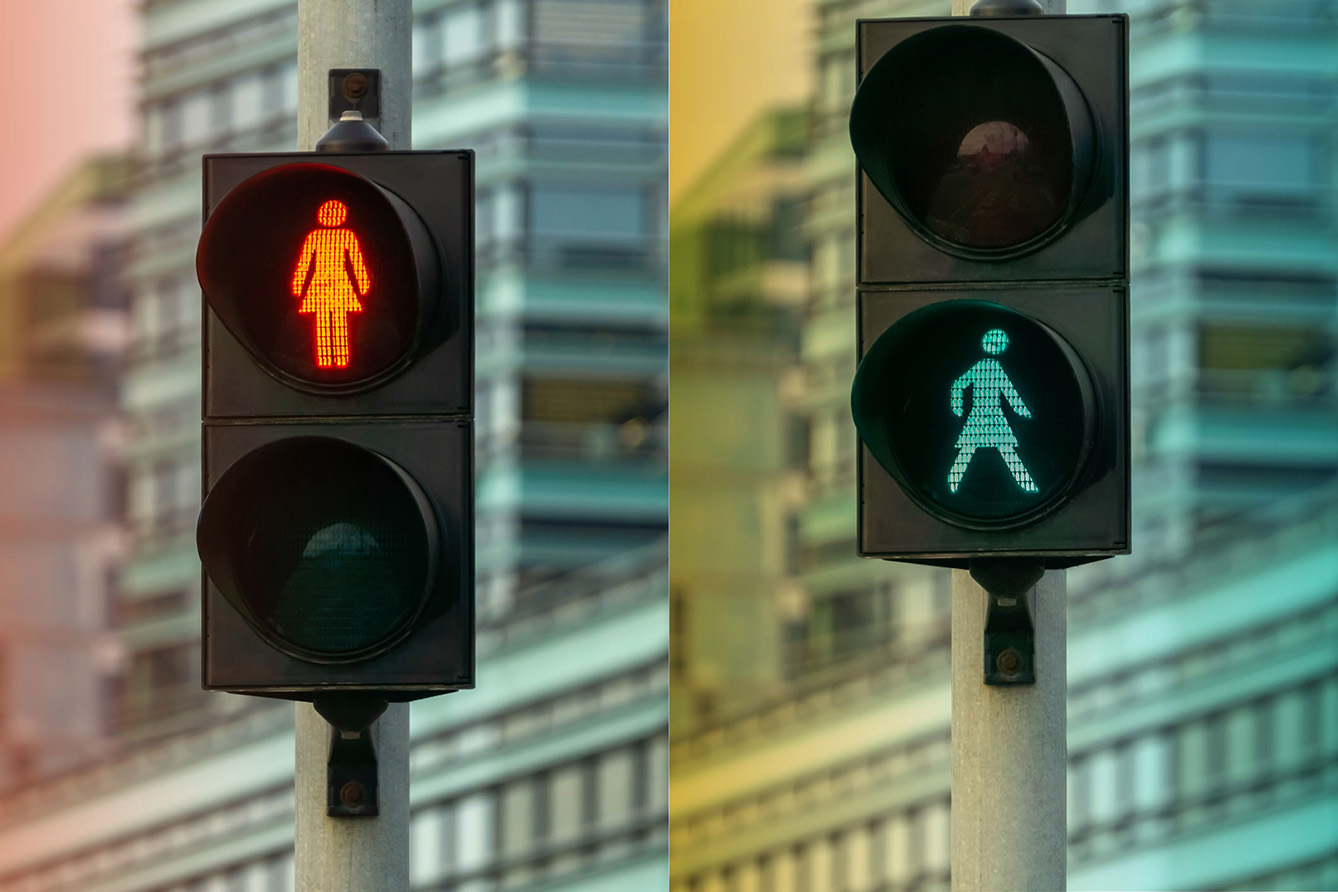Women’s right to vote, or the suffrage movement, was one of the primary drivers of the first wave of feminism. While the concept of a universal right to vote was nothing new in the world, it sometimes takes a catalyst for these ideas to become a reality.
This is quite likely the case in Central Europe, where, after World War I, which saw the birth of many new nation countries, the idea took hold that voting should only be restricted by age and not by sex or race.
Thanks to this enlightened era, the 2010s saw a wave of centennial celebrations for women’s suffrage across Europe. One of the countries to celebrate an anniversary in 2018 was Lithuania, which included voting rights for women in its Constitution, declared on November 2, 1918. Progress has, indeed, been made – today, Lithuania is one of the most female-led countries in the world.
Women have already held three of the highest positions in the government: Dalia Grybauskaite was the country’s president in the previous term, and as of 2022, Viktorija Čmilytė-Nielsen is Speaker of the Seimas in Parliament, and the leader of the government is Prime Minister Ingrida Šimonytė.
Still much work ahead
However, despite advances in closing the gender gap, many aspects of life are still far from equal. In 2018, women in Lithuania were still earning 14 percent less than men (compared to the 16 percent EU average), and only 17 percent of executives in the country’s companies were female. The Baltic country’s former foreign minister, Linas Linkevicius, tweeted that “modern society does not exist without fully empowered women, yet globally all of us are still halfway on this journey.”
So to celebrate goals already achieved and highlight how women are still invisible, the capital of Lithuania decided on changing the sex of some of its pedestrian traffic lights. Both green and red lights in a busy Vilnius district now wear skirts to underline the presence of both women and men in the public sphere. When announcing the change, which Swedebank financially supported, the government emphasized that further closing of the gender gap has to follow.







